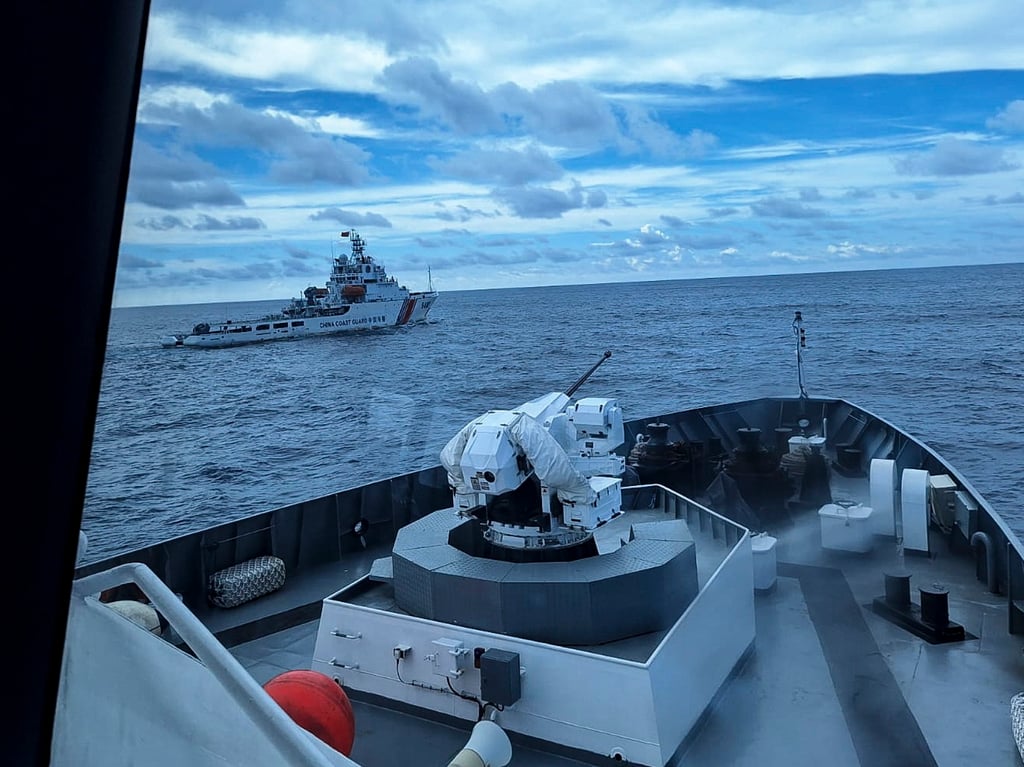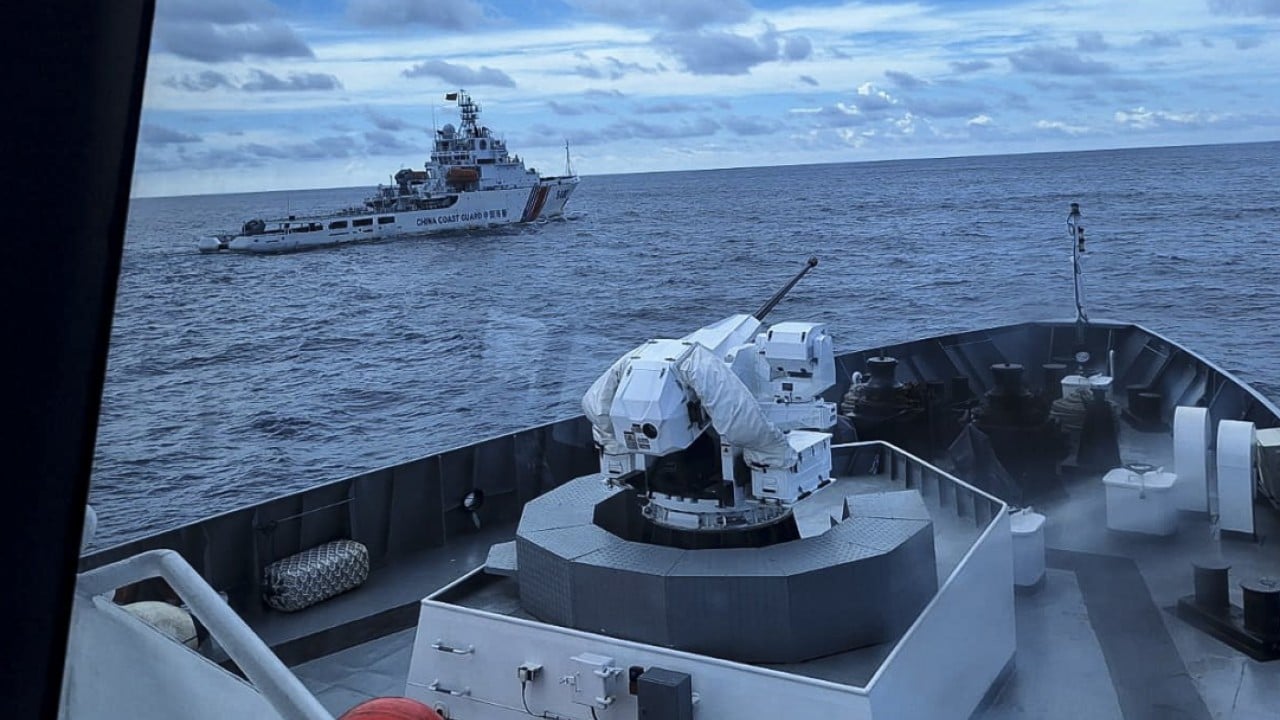Indonesia is walking a fine line between bolstering ties with Beijing and preserving its long-standing non-aligned stance. As Jakarta ramps up military and coastguard cooperation with China, it sends a message of pragmatism to its Southeast Asian neighbours and the United States – but also risks raising questions about its long-standing non-aligned stance.
Advertisement
The signal is clear: Indonesia wants to remain an independent power broker in the region, even as Beijing’s influence grows. From January 9 to 12, high-level meetings between Chinese and Indonesian defence officials – People’s Liberation Army’s chief of joint staff, Liu Zhenli met with Indonesia’s Defence Minister Sjafrie Sjamsoeddin and military chief Agus Subiyanto during Liu’s visit to Jakarta – resulted in promises of deeper cooperation, including joint exercises and personnel exchanges.
“It does not mean Jakarta is moving away from the West to be closer to China,” said Abdul Rahman Yaacob, a research fellow at the Lowy Institute’s Southeast Asia programme. Instead, he told This Week in Asia that the moves reflect Indonesia’s bebas dan aktif (independent and active) foreign policy – a strategy that allows it to work with both Beijing and Washington.
But the optics are nuanced. Jakarta’s overtures come just weeks after it was forced to reassert its rejection of China’s sweeping nine-dash line claim over the South China Sea. This followed a November joint statement, issued during Indonesian President Prabowo Subianto’s visit to Beijing that month, which said the two countries had “reached an important common understanding on joint development in areas of overlapping claims”.

Observers warn that such agreements could muddy the waters – both literally and figuratively. Aristyo Darmawan, a lecturer in international law at Universitas Indonesia, said that while maritime cooperation between coastguards can build trust and communication for “whenever a crisis happens”, it should avoid areas of overlapping claims to prevent ambiguity.
Advertisement

